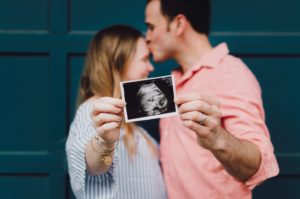
Keywords: Maternal diet, microbiota, pre-pregnancy, pregnancy
References:
Gohir, W., Ratcliffe, E. M., & Sloboda, D. M. (2015). Of the bugs that shape us: maternal obesity, the gut microbiome, and long-term disease risk. Pediatric research, 77(1-2), 196–204. Click here.
Fança-Berthon, P., Hoebler, C., Mouzet, E., David, A., & Michel, C. (2010). Intrauterine growth restriction not only modifies the cecocolonic microbiota in neonatal rats but also affects its activity in young adult rats. Journal of pediatric gastroenterology and nutrition, 51(4), 402–413. Click here.
Turnbaugh, P. J., Ley, R. E., Mahowald, M. A., Magrini, V., Mardis, E. R., & Gordon, J. I. (2006). An obesity-associated gut microbiome with increased capacity for energy harvest. Nature, 444(7122), 1027–1031. Click here.
Gohir, W., Whelan, F. J., Surette, M. G., Moore, C., Schertzer, J. D., & Sloboda, D. M. (2015). Pregnancy-related changes in the maternal gut microbiota are dependent upon the mother’s periconceptional diet. Gut microbes, 6(5), 310–320. Click here.
Collado, M. C., Isolauri, E., Laitinen, K., & Salminen, S. (2008). Distinct composition of gut microbiota during pregnancy in overweight and normal-weight women. The American journal of clinical nutrition, 88(4), 894–899. Click here.


This website and the information it contains is not intended as a substitute for professional consultation with a qualified practitioner.
© MothersBabies Ltd. View our Terms of Use & Privacy Policy
Search MothersBabies
Looking for something in particular? Find it here using our search query function. Simply type in your keyword and click the icon.
Recent Articles






Join Us